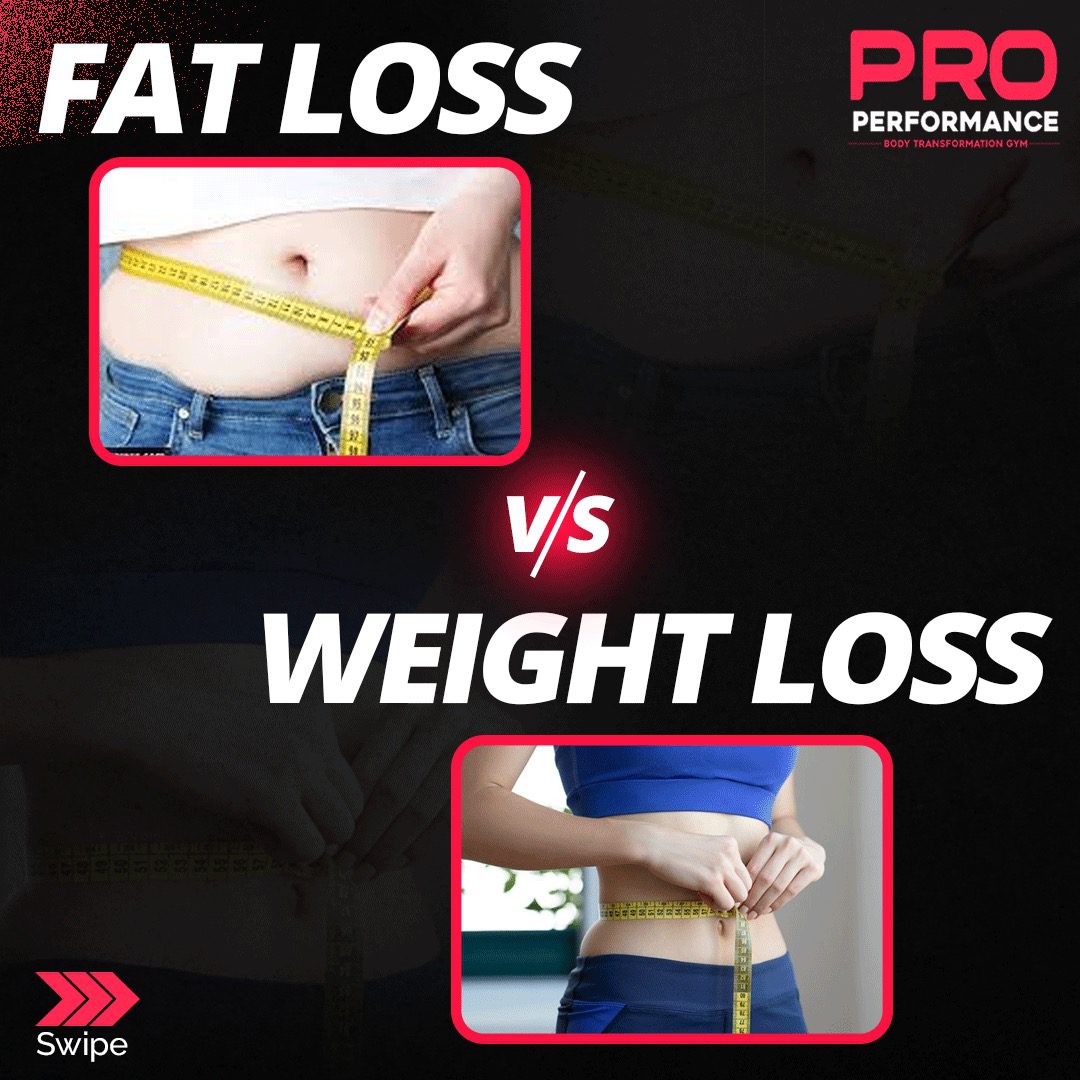In today’s world, the pursuit of a healthy body often revolves around the concepts of fatness and weight loss. However, it is crucial to understand that these two terms are not synonymous. While weight loss is often associated with achieving a slimmer physique, focusing solely on the numbers on the scale may not be the best approach for overall health. This article aims to shed light on the difference between fatness and weight loss, emphasizing the importance of adopting a holistic approach to achieve a healthy body.
Understanding Fatness: Fatness refers to the accumulation of excess body fat, which can contribute to various health concerns such as cardiovascular disease, diabetes, and metabolic disorders. However, it is essential to recognize that body fat itself is not inherently negative. Our bodies require a certain amount of fat for insulation, energy storage, and hormone regulation. The key lies in maintaining a healthy balance of body fat while prioritizing overall well-being.
The Pitfalls of Focusing Solely on Weight Loss: Many individuals equate weight loss with improved health and aesthetic appeal. However, weight loss alone does not guarantee optimal well-being. Aiming for rapid and drastic weight loss through restrictive diets or excessive exercise can lead to muscle loss, nutrient deficiencies, and metabolic imbalances. Additionally, weight loss does not necessarily equate to reduced body fat, as it may primarily involve water loss or muscle mass depletion.
A Holistic Approach to Health and Wellness: Instead of fixating on weight loss, adopting a holistic approach that focuses on overall health and body composition is crucial. Here are some key factors to consider:
- Balanced Nutrition: Emphasize a well-rounded, nutrient-dense diet that includes lean proteins, whole grains, fruits, vegetables, and healthy fats. Avoid extreme diets that promote quick weight loss but lack essential nutrients.
- Regular Physical Activity: Engage in regular exercise that combines cardiovascular activities, strength training, and flexibility exercises. Exercise helps build muscle mass, boost metabolism, improve cardiovascular health, and enhance overall well-being.
- Body Composition: Shift the focus from weight loss to body composition. This involves reducing body fat percentage while maintaining or increasing lean muscle mass. Strength training exercises and resistance training can aid in building muscle and promoting fat loss.
- Emotional Well-being: Pay attention to emotional well-being as it plays a vital role in overall health. Manage stress levels, prioritize quality sleep, practice mindfulness, and seek support when needed. Emotional well-being is closely linked to physical health and can impact weight management.
- Sustainable Lifestyle Changes: Avoid quick-fix solutions and instead adopt sustainable lifestyle changes. Aim for long-term habits that promote a healthy body weight and body fat percentage. This includes developing a positive relationship with food, practicing portion control, and finding joy in physical activity.
In the pursuit of a healthy body, it is important to differentiate between fatness and weight loss. While excessive body fat can contribute to health issues, solely focusing on weight loss may not guarantee optimal well-being. By adopting a holistic approach that emphasizes balanced nutrition, regular physical activity, body composition, emotional well-being, and sustainable lifestyle changes, individuals can achieve a healthier body and improved overall health. Remember, health is not solely determined by the number on the scale but by the overall well-being of body and mind.




